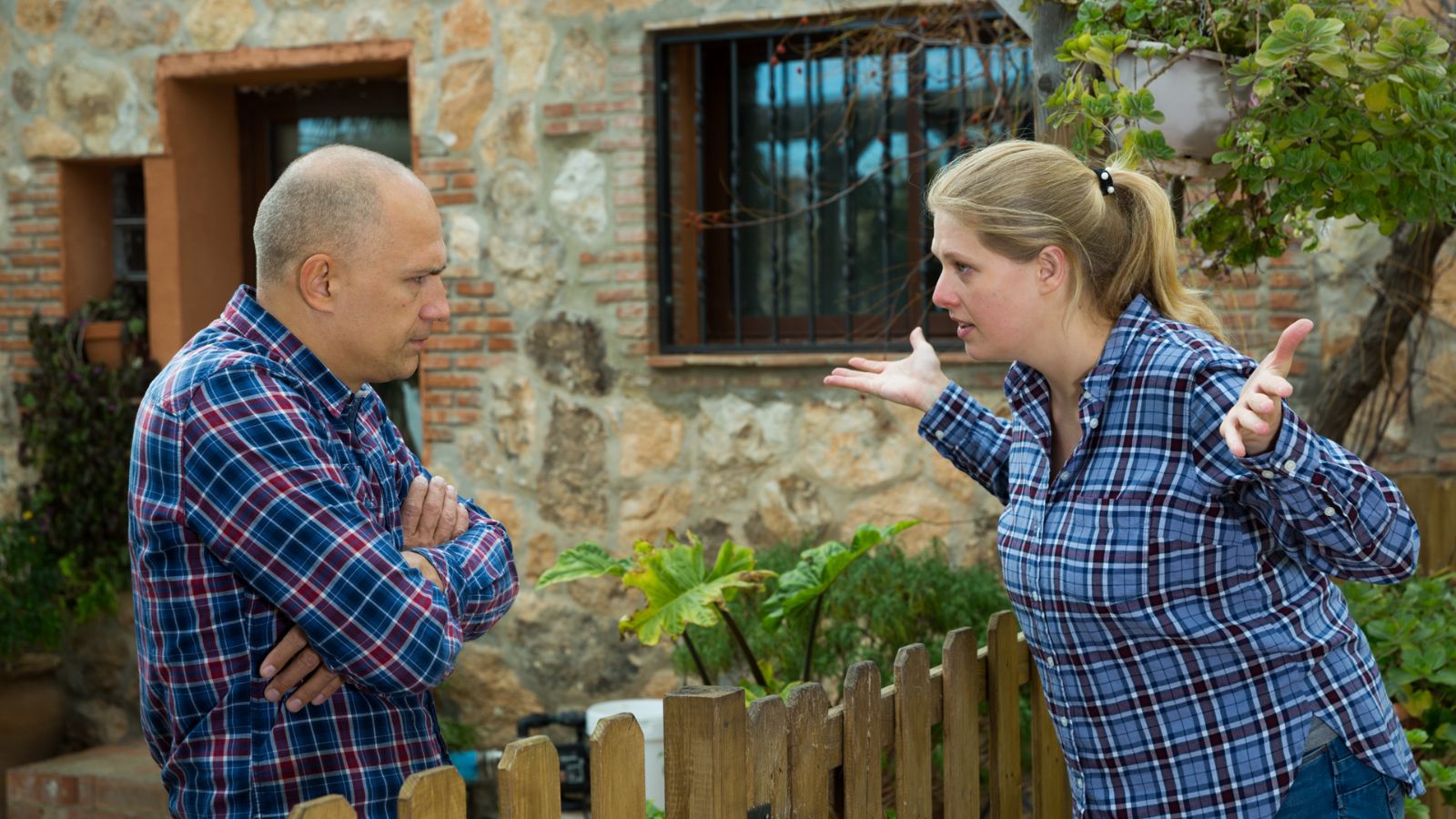Language has this way of evolving, and some phrases that were perfectly normal decades ago feel out of place, or even offensive, now. A lot of sayings Boomers grew up with don’t really fit today’s more inclusive and thoughtful world.
While these phrases might not have been used with bad intentions, words matter, and it’s worth knowing which ones have aged poorly. Let’s break down some expressions that should probably stay in the past.
“That’s So Gay”

For years, this phrase was tossed around to describe something uncool or undesirable. While it wasn’t always meant as an attack on LGBTQ+ people, it carries hurtful implications. Using “gay” in a negative context reinforces harmful stereotypes and can alienate people. Today, there’s much more awareness about the impact of this phrase, and many now recognize it as disrespectful.
“You People”

Grouping individuals under the umbrella of “you people” has long been criticized for sounding condescending or even discriminatory. This phrase often carries a tone that sets the speaker apart from whoever they’re addressing, which can feel dismissive or othering. While the intention might not always be negative, it’s better to avoid using language that divides people.
Instead, try speaking directly to someone or referencing groups in a way that feels respectful and neutral.
“Girls” (When Referring to Women)

Calling grown women “girls” was common in the boomer era, especially in casual or workplace settings. While it might seem harmless, many find it infantilizing and dismissive, particularly in professional environments. Women today often prefer to be addressed as “women” or by their names, as “girls” can undermine their maturity and capability. T
“Powwow”

Using “powwow” to describe a casual meeting or conversation has roots in Native American culture, where the term refers to a significant ceremonial gathering. Over time, it’s been appropriated in ways that strip it of its cultural significance. Many people now see it as disrespectful to use the word out of context. Instead of saying “Let’s have a powwow,” consider simply saying “Let’s meet” or “Let’s chat.” It’s a subtle shift that shows respect for Indigenous cultures.
“Long Time, No See”

While this phrase might seem like a harmless way to greet someone, its origins trace back to phrases used to mock the speech patterns of Chinese or Native American people. Though it’s widely used today without negative intent, some find its history troubling.
There’s no shortage of other ways to greet someone, so opting for something like “It’s been a while” or “Good to see you again” might be a better choice.
“Spirit Animal”

Describing something or someone as your “spirit animal” has become a trendy way to express admiration or connection, but it’s also deeply rooted in Indigenous cultures. For many Native American tribes, spirit animals hold significant spiritual meaning. Using the term casually can feel disrespectful to those traditions.
“Gypped”

This term, used to describe feeling cheated or ripped off, has roots in the word “gypsy” and stereotypes about Romani people. Many now see it as a slur because it reinforces harmful prejudices. While the phrase was once common, it’s better to use alternatives like “ripped off” or “cheated.” Words matter, and choosing language that avoids negative connotations is an easy way to show respect.
“Eskimo”

Referring to Indigenous Arctic peoples as “Eskimos” was common in the past, but the term is now considered outdated and offensive. Many people from these communities prefer to be called Inuit, which is a more accurate and respectful term. Using language that reflects how groups identify themselves is an important step toward inclusivity.
“Grandfathered In”

This phrase is often used to describe situations where someone is allowed to continue under old rules while others follow new ones. However, its origins are tied to discriminatory voting laws in the 19th century that allowed white men to bypass restrictions while excluding Black voters.
Alternatives like “exempted” or “carried over” are more neutral and avoid the baggage of the original term.
“Crippled”

Referring to someone with a disability as “crippled” is outdated and offensive by today’s standards. This term was commonly used in the boomer era but is now considered disrespectful and dehumanizing. Terms like “person with a disability” or specifying the condition are much more respectful.
“No Can Do”

Like “long time, no see,” this phrase is rooted in mocking Chinese English speakers in the early 20th century. While many use it today without any awareness of its origins, it can feel offensive to those familiar with its history. A simple alternative like “I can’t do that” or “That won’t work” communicates the same message without any potential baggage.
“Man Up”

Telling someone to “man up” to encourage bravery or toughness reinforces outdated gender stereotypes. It suggests that strength and resilience are exclusively masculine traits, which can alienate or insult people of all genders. Instead, phrases like “Be strong” or “You’ve got this” offer encouragement without perpetuating stereotypes.
“Off the Reservation”

This phrase, often used to describe someone acting independently or unpredictably, has roots in the forced relocation of Native Americans to reservations. Using it casually ignores the painful history associated with the term.
“Low Man on the Totem Pole”

Totem poles hold significant cultural and spiritual meaning for Indigenous peoples, and using this phrase casually to describe someone with low rank is both inaccurate and disrespectful. The lowest figures on a totem pole are often the most significant, so the saying doesn’t even reflect the intended meaning.
